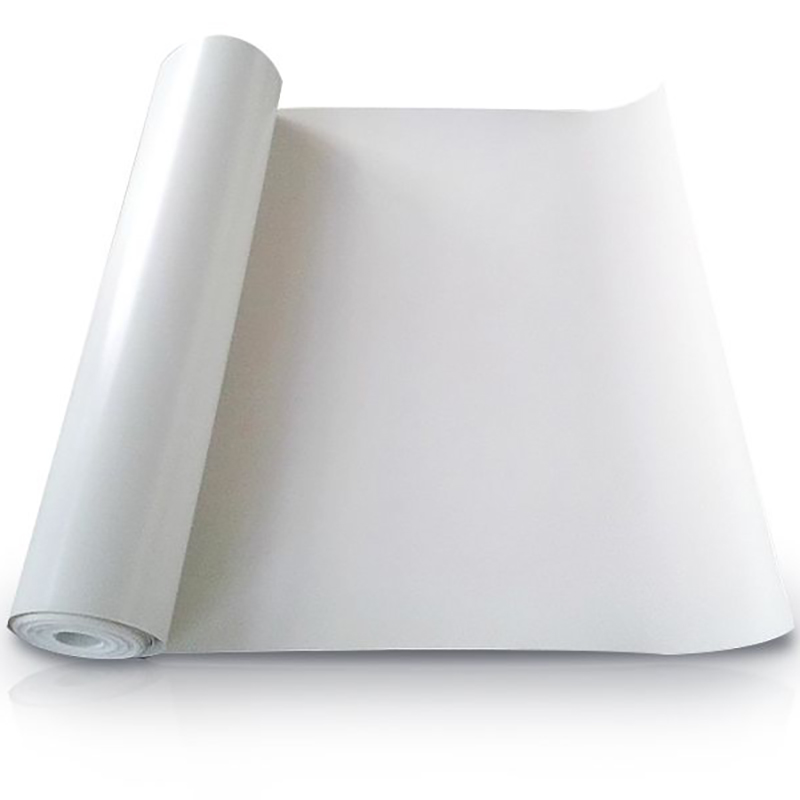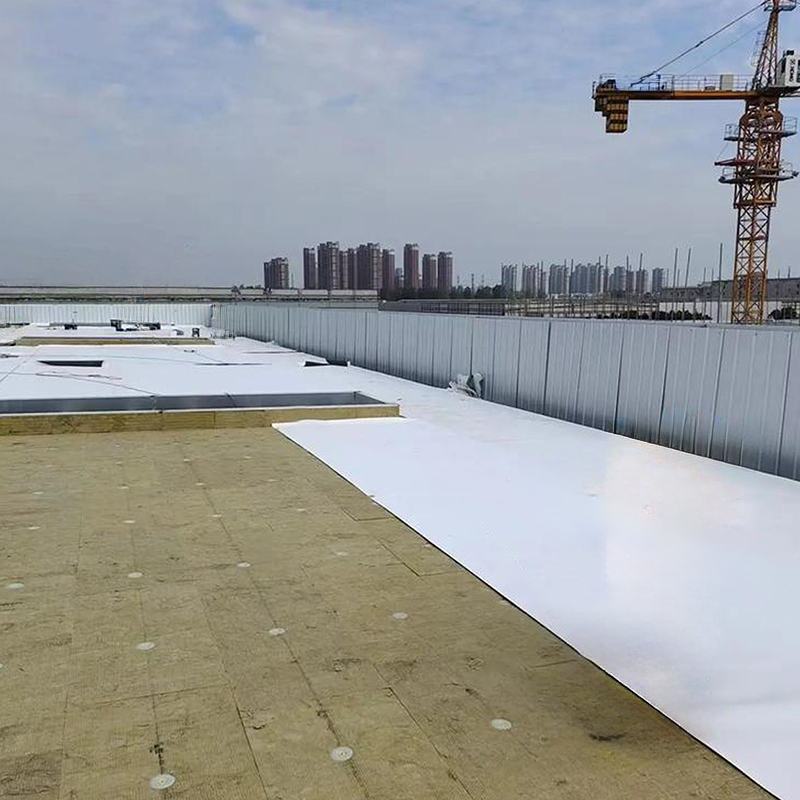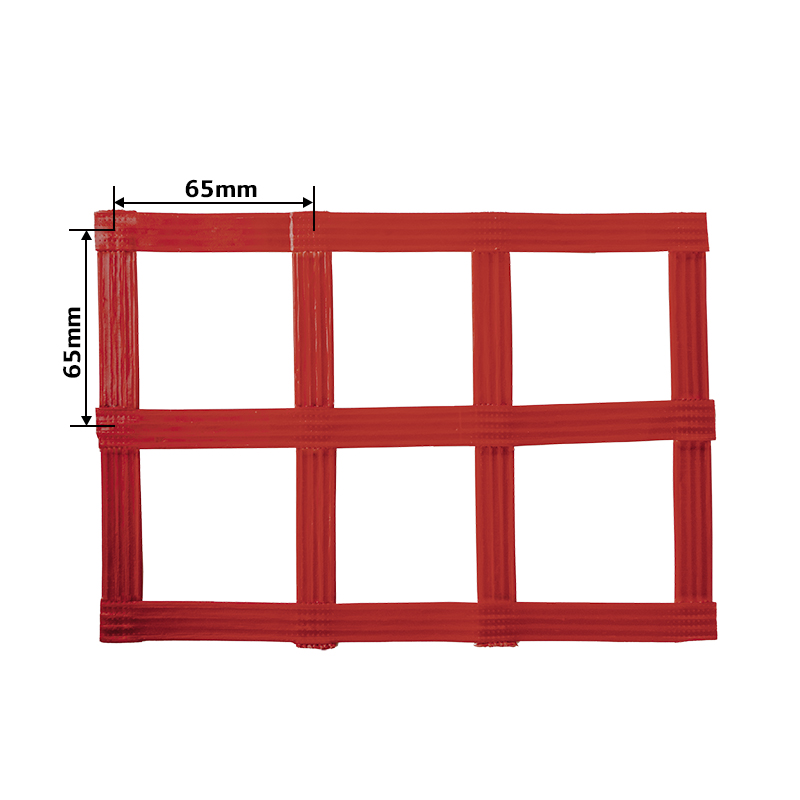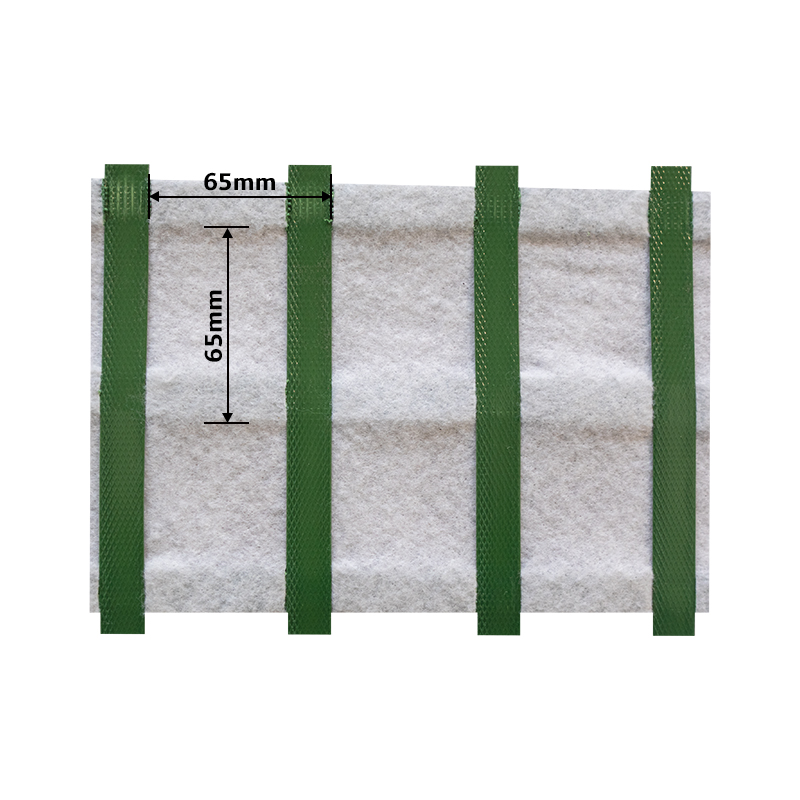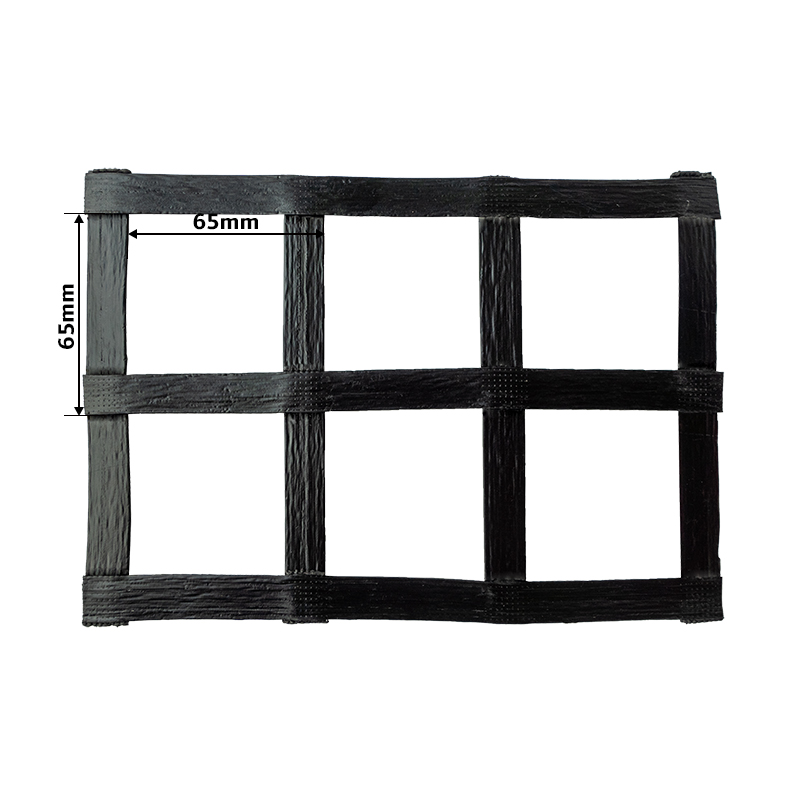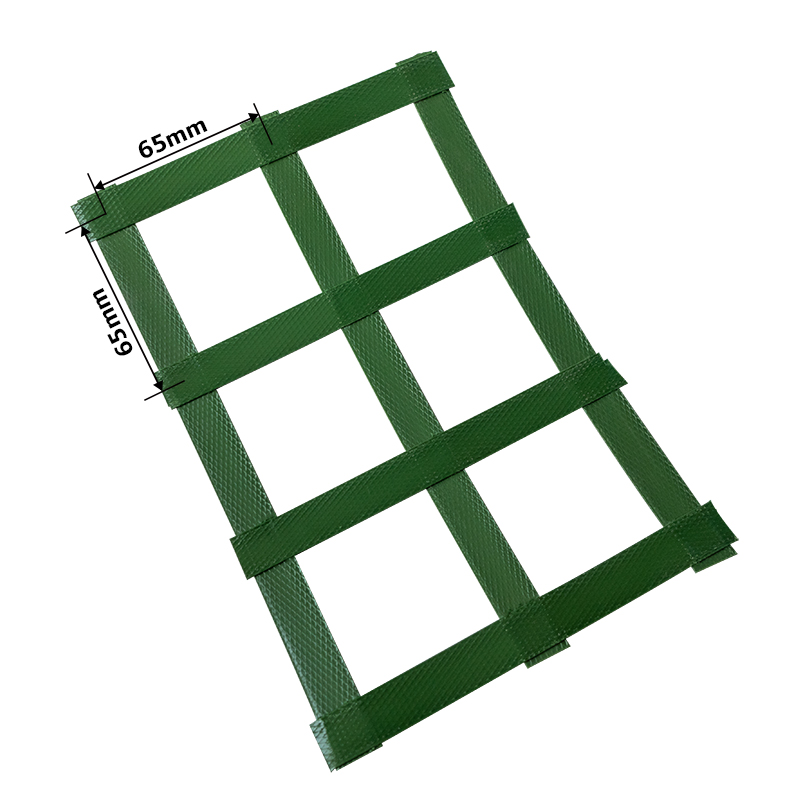
CPE Waterproof Board
Chlorinated Polyethylene (CPE) waterproof board is a new type of high-strength polymer waterproofing material specifically designed for roads and bridges. This product uses chlorinated polyethylene as its base material, supplemented with modifiers, anti-aging agents, accelerators, and various reinforcing agents. It is refined through the processes of mixing and kneading, calendering, and double-sided compositing.
PRODUCT DETAILS
Core features:
✅High performance:High tensile strength (≥ 18Mpa), super strong elongation at break (≥ 600%), puncture resistance (300-600N), tear resistance (≥ 95N/m).
✅Durability:Excellent weather resistance (-35 ℃ low-temperature bending), oil resistance, flame retardancy, alkali resistance, and stable performance after thermal aging (tensile strength ≥ 15Mpa).
✅Convenient construction:Cold construction technology, easy to operate, not limited by climate.
✅Reliable Waterproof:0.3Mpa water pressure is impermeable for 24 hours.
Applicable scenarios:
Infrastructure projects:Waterproofing of concrete bridge decks for highways, railway bridges, and culverts.
Building waterproofing:Industrial/civil building roofs, basements, and civil air defense engineering.
Water conservancy facilities:Reservoir, water tank, channel, sewage treatment system.
Industrial applications:Waterproof and anti-seepage measures for beam factories and large facilities.
Product specifications and performance parameters
Project
Specifications
1.5mm
2.0mm
2.5mm
3.0mm
Puncture strength (N)
300
400
500
600
Tensile elongation at break (%)
≥600
Tear strength k (N/m)
≥95
Low temperature bendability (℃≤)
-35
Tensile strength (Mpa)
≥18
Impermeability (0.3Mpa, 24h)
no-leakage
Heating expansion amount (mm)
extend
≤2
contract
≤6
Hot air aging (80 ℃ × 168h)
Tensile strength (Mpa)
≥15
Tensile elongation at break (%)
≥550
Alkali
Tensile strength (Mpa)
≥16
Tensile elongation at break (%)
≥550
Artificial climate change
Tensile strength (Mpa)
80
Tensile elongation at break (%)
70

